Congratulations to BU’s interdisciplinary nutrition-behavioural sciences team that published the recent review “Barriers and Facilitators Associated with the Adoption of and Adherence to a Mediterranean Style Diet in Adults: A Systematic Review of Published Observational and Qualitative Studies” [1] in the journal Nutrients. 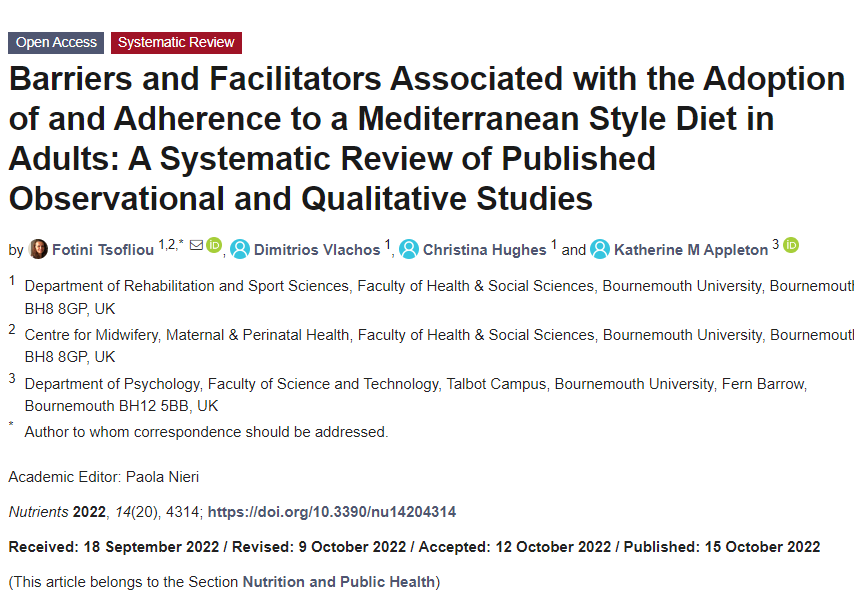 The academics are based in two different faculties, namely the Faculty of Health & Social Sciences and the Faculty of Science & Technology, represented by Dr. Fotini Tsofliou and Prof Katherine Appleton respectively. Two BU students (recently graduated) are also two co-authors: Dimitrios Vlachos (who completed the MRes) and Christina Hughes (MSc Nutrition & Behaviour).
The academics are based in two different faculties, namely the Faculty of Health & Social Sciences and the Faculty of Science & Technology, represented by Dr. Fotini Tsofliou and Prof Katherine Appleton respectively. Two BU students (recently graduated) are also two co-authors: Dimitrios Vlachos (who completed the MRes) and Christina Hughes (MSc Nutrition & Behaviour).
This review which is Open Access includes all studies investigating barriers or facilitators to adopting or adhering to a Mediterranean style diet in adults aged 18 years old and over. The paper identified financial, cognitive, socio-cultural, motivational, lifestyle, accessibility & availability, sensory and hedonic and demographic factors. Similar barriers and facilitators are often reported in relation to healthy eating or the consumption of specific healthy foods, with a few exceptions. These exceptions detailed concerns with specific components of the MedDiet; considerations due to culture and traditions, and concerns over a cooler climate. Suggestions for overcoming these barriers and facilitators specific to adoption and adherence to the Mediterranean diet are offered.
Well done! 
Prof. Edwin van Teijlingen
CMMPH
Reference:
- Tsofliou F, Vlachos D, Hughes C, Appleton KM. Barriers and Facilitators Associated with the Adoption of and Adherence to a Mediterranean Style Diet in Adults: A Systematic Review of Published Observational and Qualitative Studies. Nutrients. 2022; 14(20):4314. https://doi.org/10.3390/nu14204314
 Following an introductory message from Vice-Chancellor Professor John Vinney, the event was opened by Professor of Nutrition Jane Murphy and Postdoctoral Research Fellow Dr Sophia Amenyah, who discussed how our nutritional needs change throughout our life and the importance of good nutrition as we age.
Following an introductory message from Vice-Chancellor Professor John Vinney, the event was opened by Professor of Nutrition Jane Murphy and Postdoctoral Research Fellow Dr Sophia Amenyah, who discussed how our nutritional needs change throughout our life and the importance of good nutrition as we age.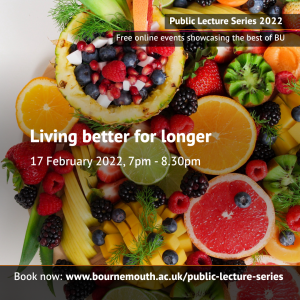 The first event,
The first event, 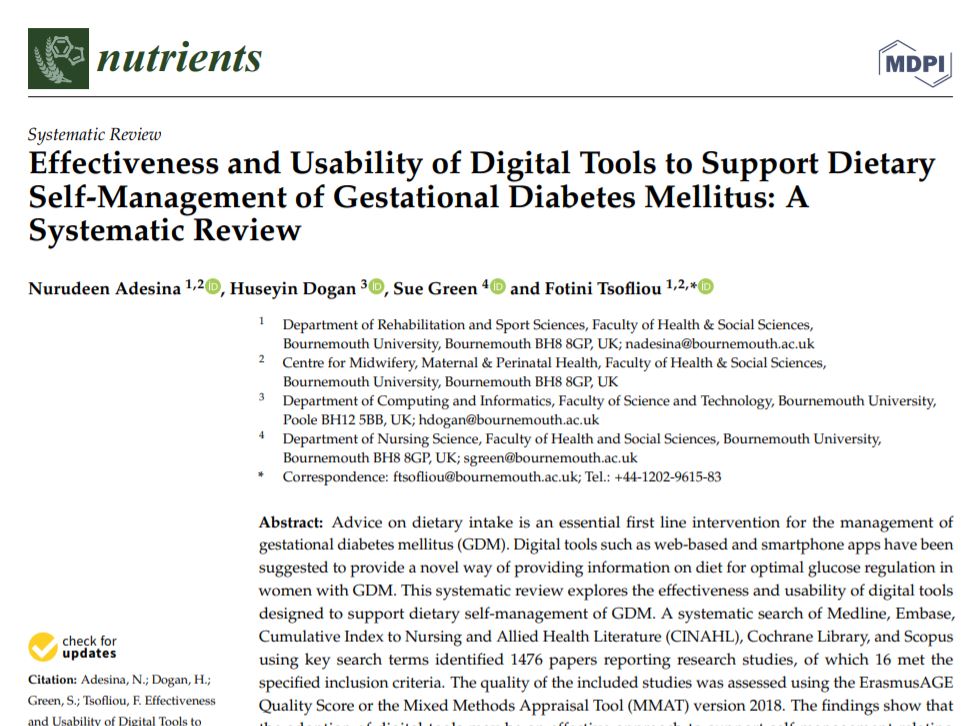


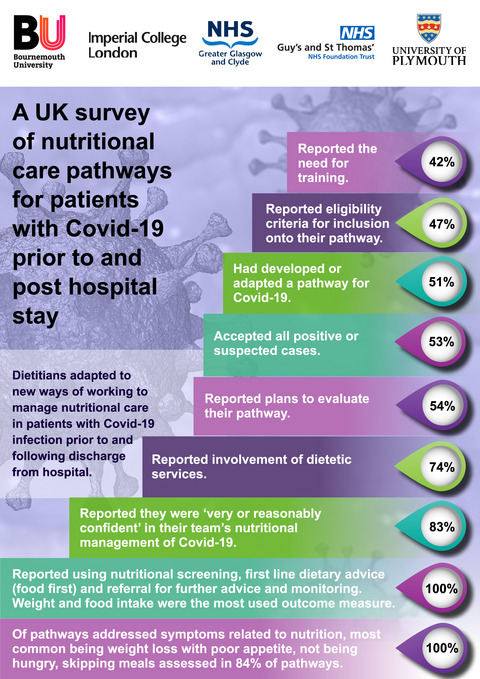

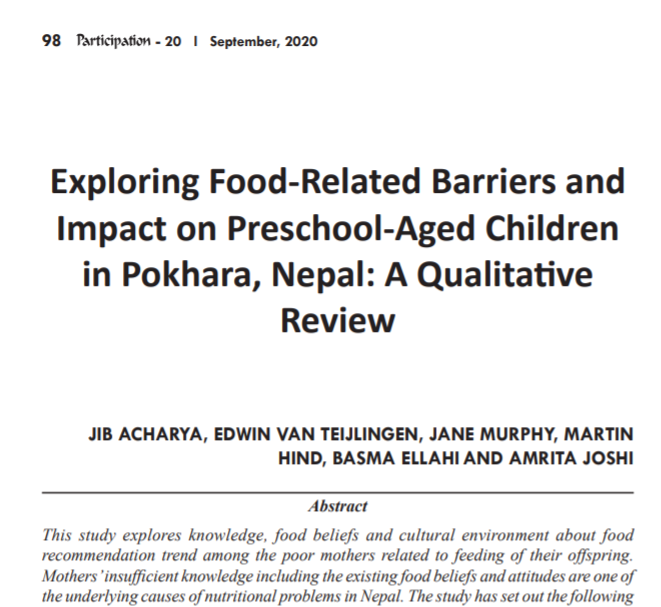
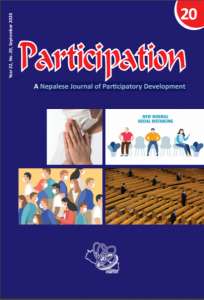
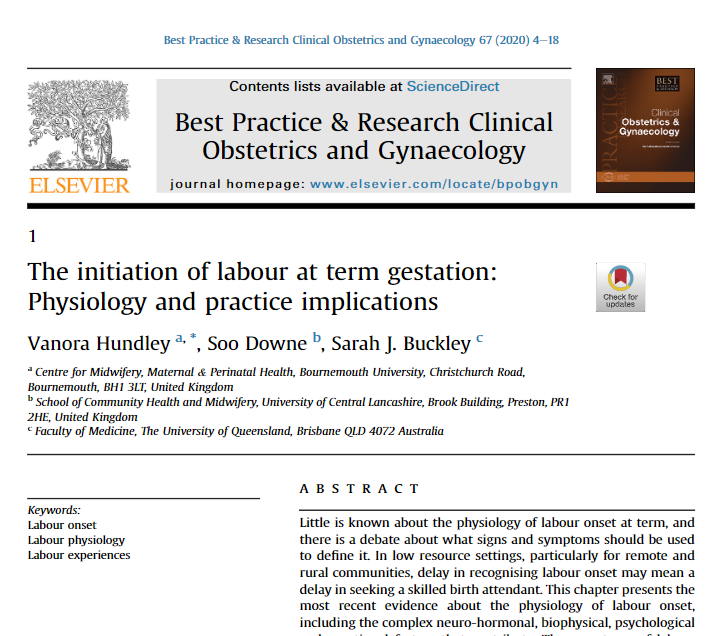

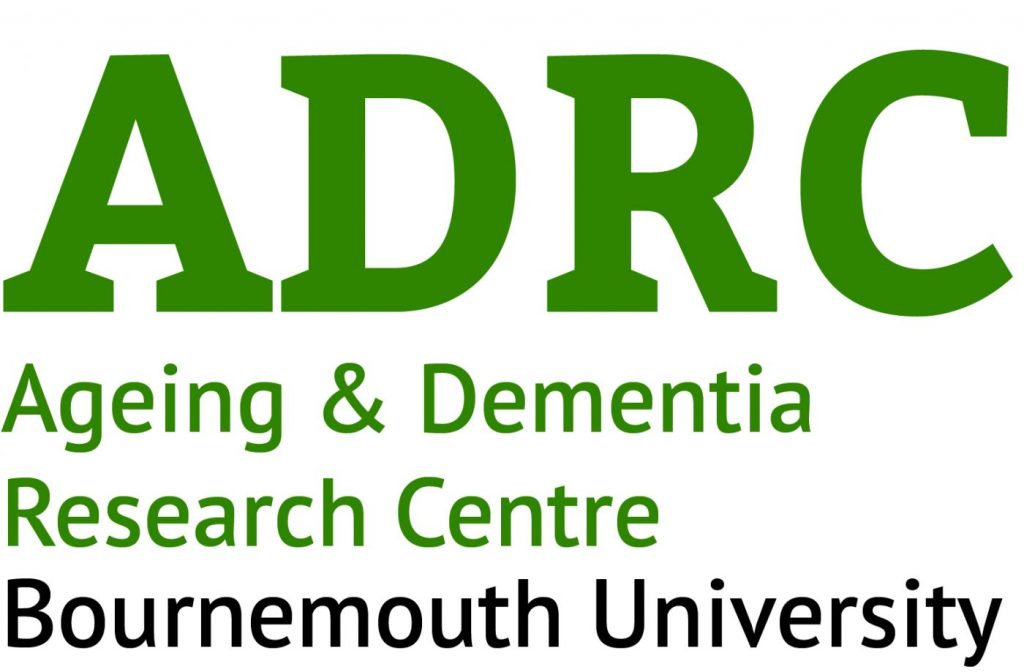
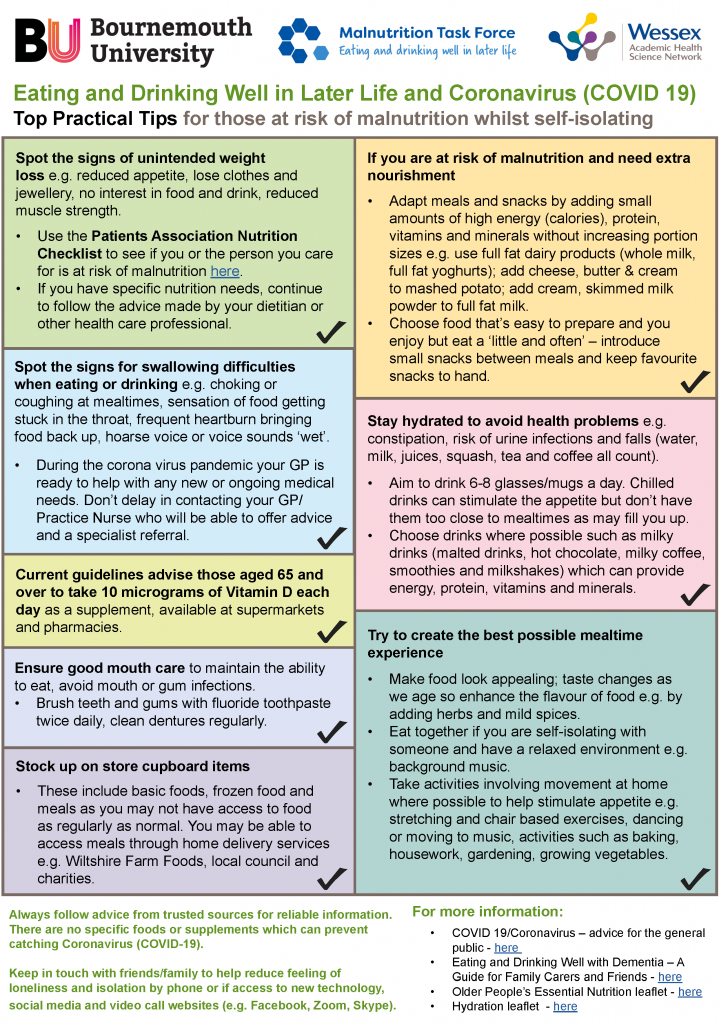
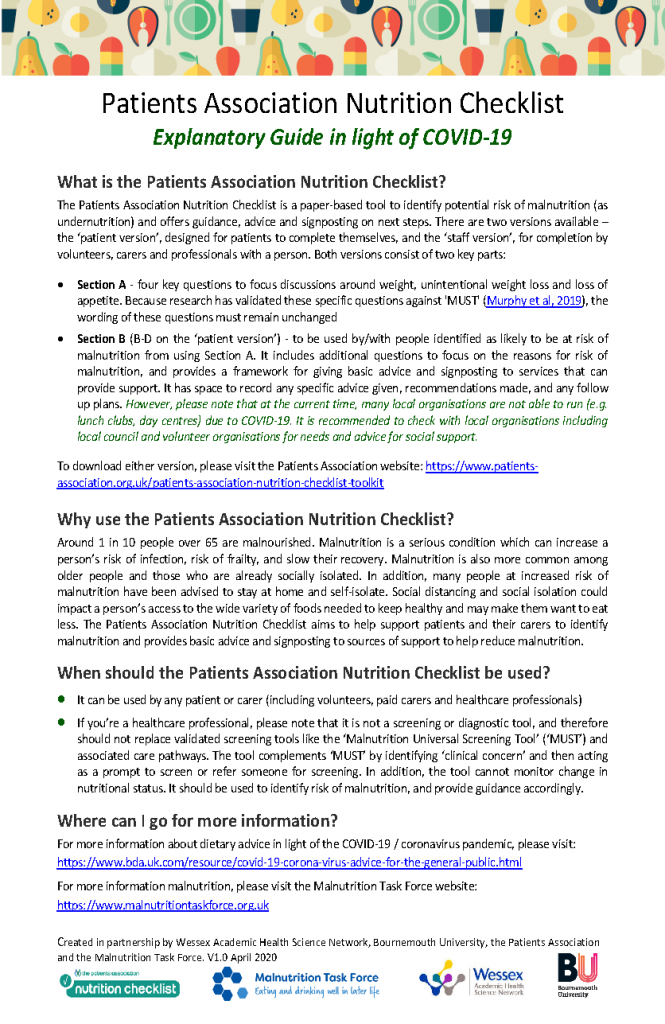
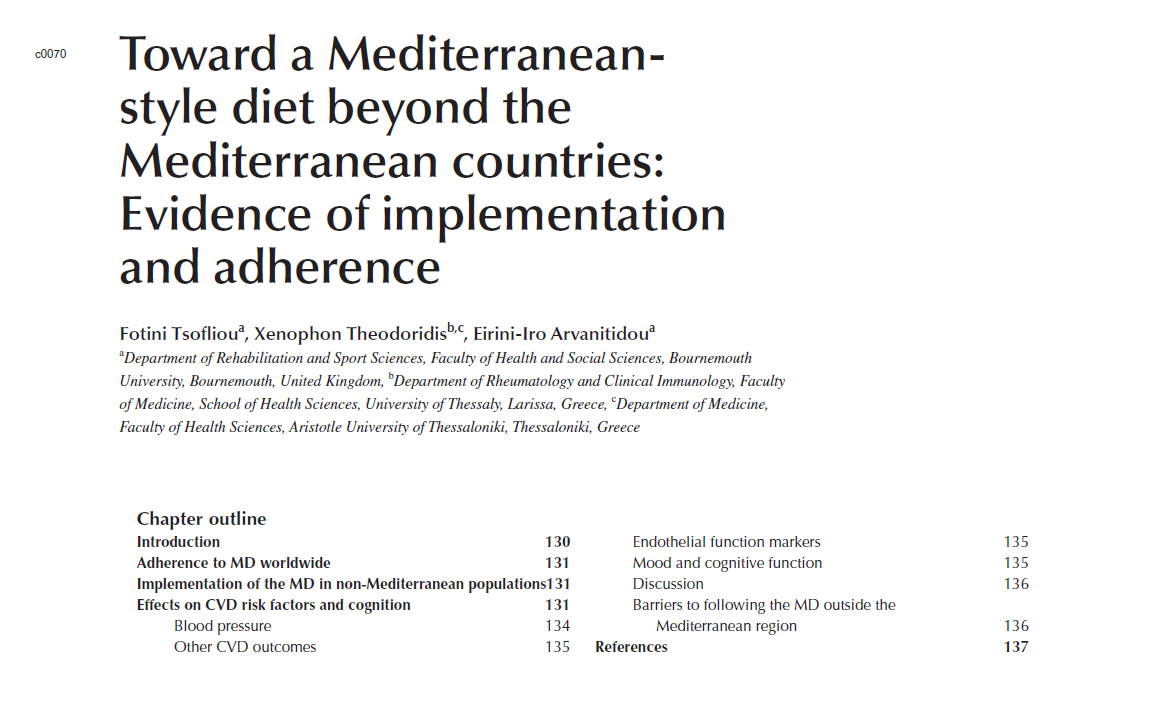
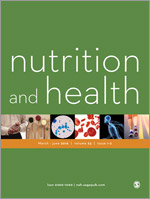
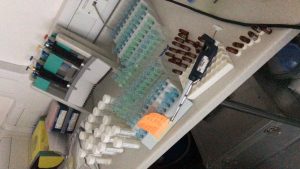




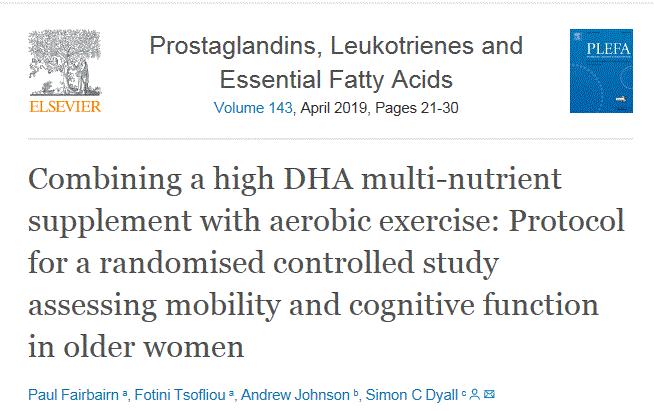
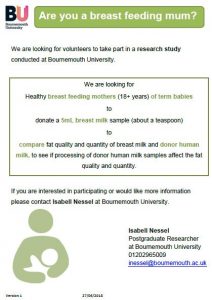











 Conversation article: Why so many people drown at the water’s edge
Conversation article: Why so many people drown at the water’s edge Workshop on longitudinal studies in three countries
Workshop on longitudinal studies in three countries New Bournemouth University public health paper
New Bournemouth University public health paper New ACORN-funded paper published. When time is short but passion for food is strong, food day-tripping may be the answer!
New ACORN-funded paper published. When time is short but passion for food is strong, food day-tripping may be the answer! Royal Society of Chemistry Outreach Fund: Open for Applications
Royal Society of Chemistry Outreach Fund: Open for Applications Last reminder – MSCA Postdoctoral Fellowships 2024 internal deadline next week
Last reminder – MSCA Postdoctoral Fellowships 2024 internal deadline next week Horizon Europe – EuroHPC and MSCA PF webinars
Horizon Europe – EuroHPC and MSCA PF webinars